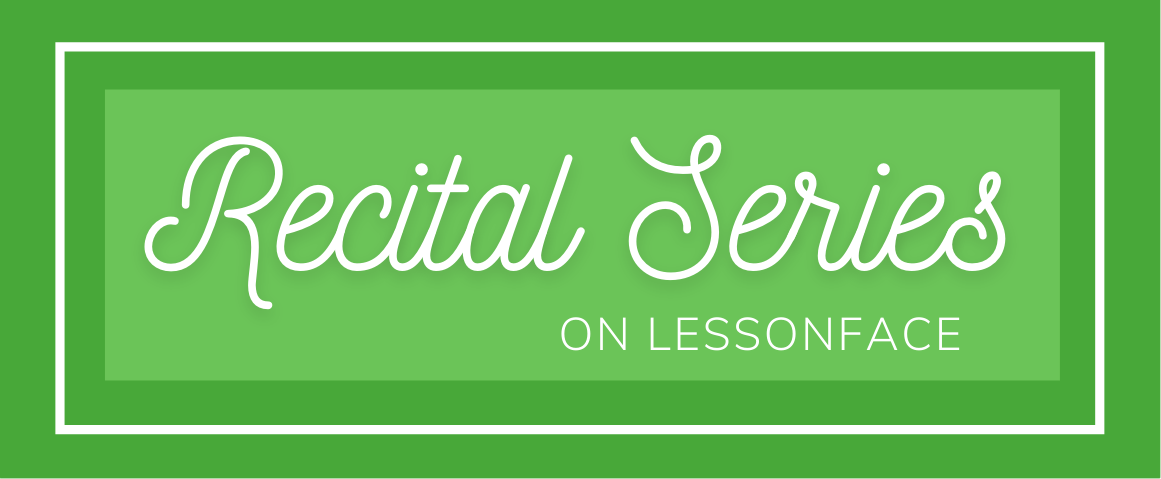When practicing my instrument, I have come across two main approaches for how to focus one's practice time in general:
1) Choosing a block of time to practice during, which I like to call the "egg timer" method
Ex: "I'm going to practice for X hours/minutes, etc, OR "I'm going to start practicing at X O'clock and practice until I get tired"
2) Choosing a fixed number of repetitions to practice exercises/songs/passages
Ex: "I'm going to practice this [exercise/song/passage] 50 times"
I'd definitely say #1 (time blocks) is the more traditional way to practice, but I'm a much bigger fan of #2 (counting reps). Everyone is wired a little differently, so this is largely a personal thing. Some people work way better with the time block thing, but I've found counting reps during my practice time works so much better for me personally. Here are some reasons why:
> When I'm going by a time frame, I find I keep getting distracted from my work by repeatedly looking at the clock or timer, as my inner child keeps asking "are we there yet? Are we there yet?" However, when I choose a certain number of reps, I can more easily put my nose to the grindstone and get to work, knowing the sooner I finish my reps, the sooner I'm done.
> For the above reasons I find my repetition work is MUCH more laser focused, and since I'm concentrating on getting my reps done, I've even found I get the same amount of work done sooner, freeing up more time to get on with my life or even practice more!
> I find that my timed practice is a lot more unfocused, amorphous, and meandering, with no real goal in mind other than just getting some practice done on a particular subject. Repetition work gives me a concrete goal and a better feeling of accomplishment when I reach it.
> Even when I have a timed practice with repetition as the main focus until the time limit ends, I find I always eventually have an "oh god, when will this ever end" feeling in the back of my thoughts. I then feel like I have to mercilessly grind through this with even harder discipline. However, with repetition practice I inherently START my practice with a clear view of the light at the end of the tunnel and know exactly when it ends - when I play the last rep! This makes it easier for me to focus and push harder since I can see my goal in front of me getting closer each time.
> When I finish my reps and see a small but noticeable improvement in my playing in a small time frame (usually by 30-50 reps), I find I'm so pumped up from the accomplishment and feeling of growth that I often throw in another round of reps! However, with timed practice I just usually feel drained and just want do my time and "clock out" the minute I'm finished.
> Choosing fixed reps makes it much easier for me to block out and plan concrete practice regimens and routines and track how much I can realistically accomplish in one practice session, as opposed to the much less healthy and sustainable "practice 'til you drop" method
> Repetition work helps solidify the prime directive in most music practice - muscle memory - much sooner since its main function and goal is repetition!
Those are my reasons - which one of these two types of practice works best for you and why?
Tyson Farmer
www.lessonface.com/TysonFarmer





Hi Tyson! Great post and great reflection. I´ve always wondered how other musicians go about this. For me its "time blocks", but the real objective of timing my practice is to stop practicing and let space for other topics. I f not I could go onforever! Of course I´m on the perfectionist, near obsessive side of the spectrum, and of course I´m aware this "perfectionism" is really not too good so I have to remind myself to stop and go into another thing. Of course there has to be a little pesonal research to know how much time on one topic do you need for really making an improvement.